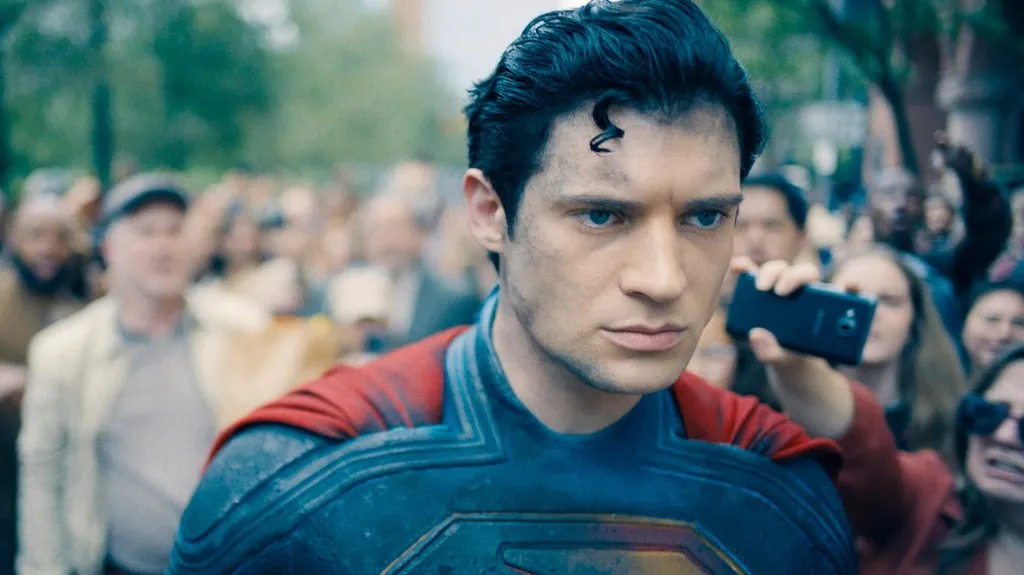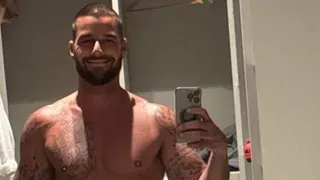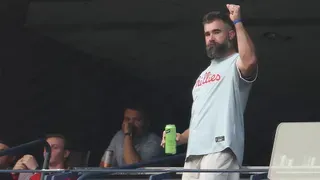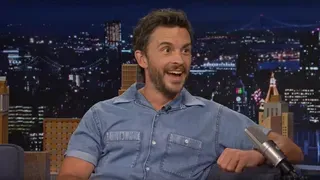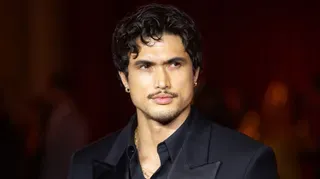April 24, 2016
Hubbard Street Dance
Joel Martens READ TIME: 3 MIN.
The limitations of language make it difficult to put into words the experience of a dance performance. Erudite a writer as one might be, to explain the effect of the interplay between the fluidity of a dancer's body in relation to
how each movement interacts with the music, can seem virtually impossible.
Like any great performance, when you are moved by it, you know you've witnessed something magical. The skill of the player's part and power of their interplay mesmerizes as you live in the moment they have created.
To help forge a deeper understanding of how it all works, The Rage Monthly spoke with Hubbard Street Dance's Resident Choreographer Alejandro Cerrudo about the company and their upcoming San Diego performance.
I can't quite put my finger on the qualities I see in Hubbard Street Dance performances, it's unique in comparison to what I've seen in contemporary dance. There is something viscerally different, it's hard to define.
One of the strengths of Hubbard Street is how versatile the company is and how quickly the dancers adapt to different styles. I started choreographing with them in 2016, but I've been a long time working with them as a dancer, too. With that said, as a resident choreographer, there seems to be such a freedom with them. Hubbard Street is sort of like my laboratory and my home, it's where I feel the most freedom to create. For that reason, it gives me the courage to invent new work, to go forward. Having had success in the past with them has allowed me to push myself and to push the dancers to find something new. That's why I enjoy my position as a resident choreographer, because the dancers there are so malleable, they're very good at going with me and really changing the way they approach my work and the way they approach their movements. It's a wonderful quality about the company and I love it.
Do you typically begin by forming the dance first or do you create based on a piece of music?
I don't typically come to the studio with the steps already created. It's always a little more organic for me to find the music and then create an idea around it. When I approach a work, I try to create an atmosphere in my head, first. I try to think big and don't cut myself short on fantasy. For me, choreography is much more than steps. I try not to limit the things I imagine. Some things may not be possible, but I let it go because things will morph, whether you like it or not. You have an idea first and things develop and you might change that idea as you go, but conceptualizing happens before any steps. The music gives me a lot of what I need, of course. I have in the past, had ideas and then tried to find the right music for it, but that is much harder for me. To find the right music to fit with a specific idea is very, very difficult.
When performing another choreographer's work, how close to the original format do you typically stay and how much freedom do you have for interpretation?
Having come to it from both perspectives, as a dancer and choreographer, when talking about an existing work, you get a sense of how other people have performed it by watching past performances, which gives you an idea of how it can be done. What's great about doing a work that already
exists is that you bring your own perspective to it... It's your personality on stage. Of course, you want to stay true to the style and to the intent of the choreographer, but even if you follow everything exactly as the choreographer indicates, you are going to bring something different to it then dancers have brought before. If you see two works with different dancers, it will be a different experience. The intent will be there and might be the same, but that's the fun of it, to witness and feel the different energy and personalities of the dancers.
The La Jolla Music Society presents Hubbard Street Dance at 8 p.m. on Saturday, April 30 at the Spreckels Theatre in Downtown San Diego. A conversation with Hubbard Street's Artistic Director Glenn Edgerton, hosted by Marcus Overton, will preclude the performance at 7 p.m. For tickets and more information, call 858.459.3728 or go to ljms.org
